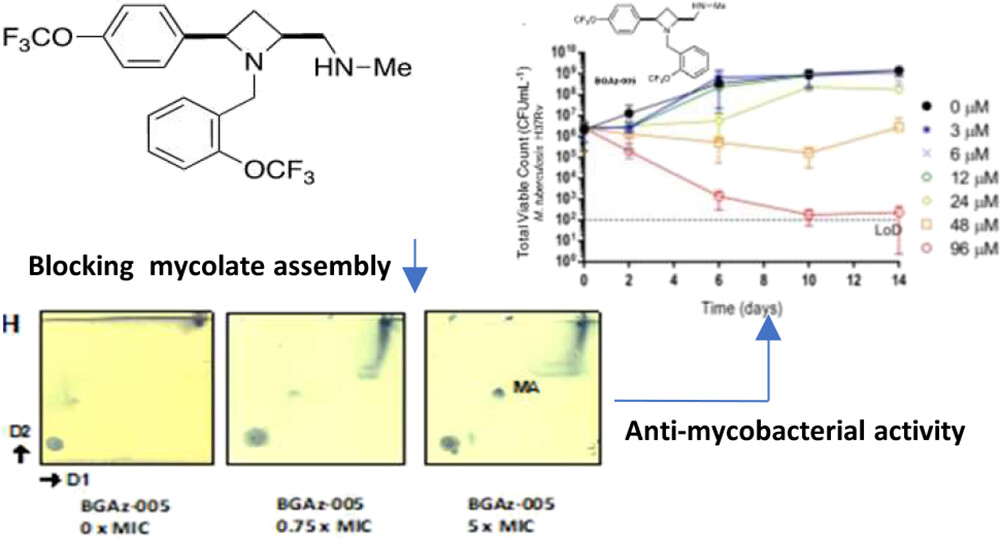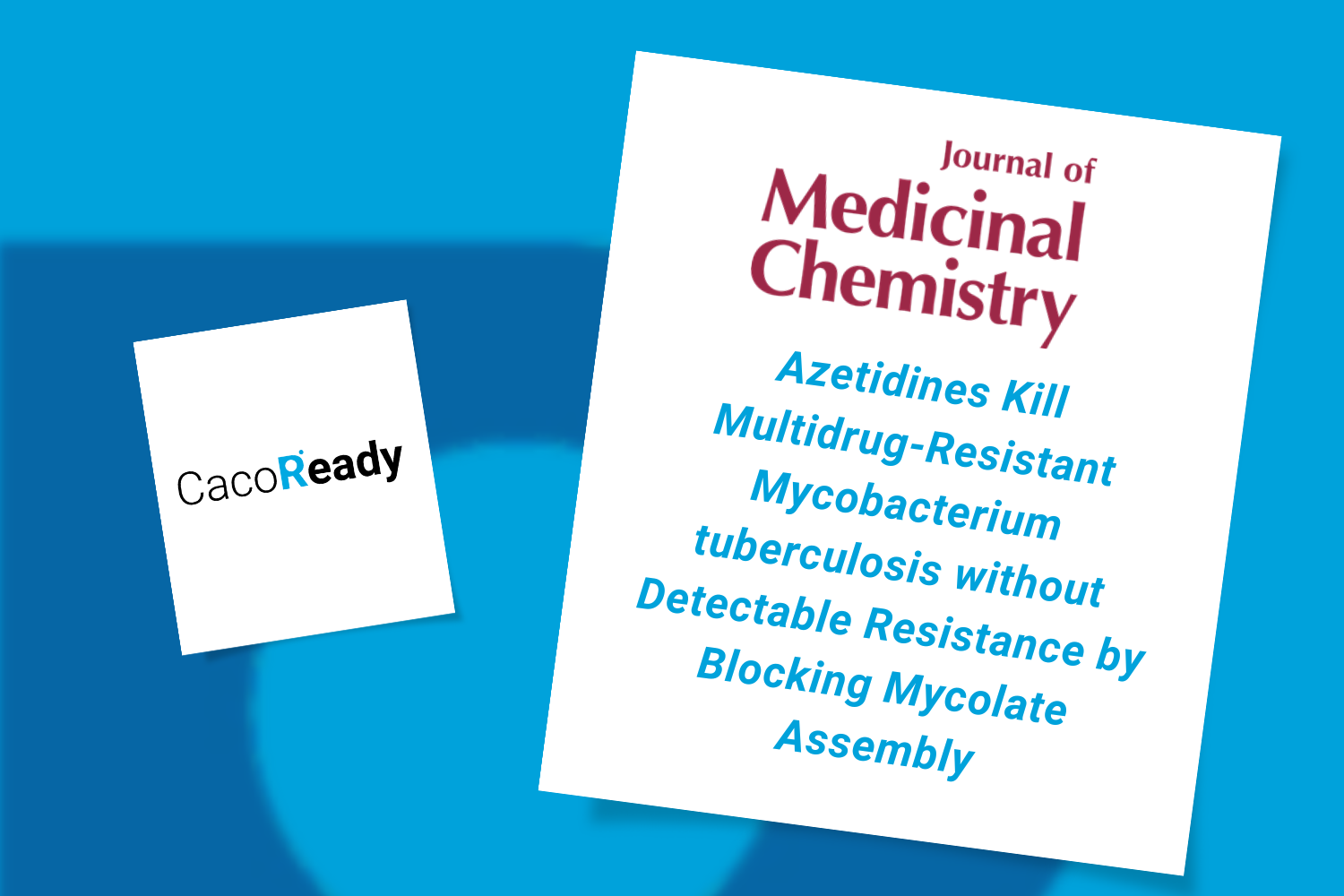In a recent study published in the Journal of Medicinal Chemistry, researchers have made a significant breakthrough in the fight against drug-resistant tuberculosis (TB). The article highlights the discovery of a series of azetidine derivatives, known as BGAz compounds, that exhibit potent bactericidal activity against both drug-sensitive Mycobacterium tuberculosis and multidrug-resistant TB strains.
What is the current situation of tuberculosis?
The current state of tuberculosis remains a global health concern, with over 10 million new cases reported annually and 1.4 million deaths attributed to the disease in 2021. The rise of multidrug-resistant TB poses a significant challenge to effective treatment strategies, emphasizing the urgent need for innovative solutions to combat this infectious disease.
It has been proven that azetidines, a class of compounds known for their potent bactericidal activity, offer a promising solution to combat TB. These compounds have shown remarkable efficacy with MIC values below 10 μM, demonstrating no detectable drug resistance. Their action involves interfering with late-stage mycolic acid biosynthesis, a crucial process in mycobacterial cell envelope biogenesis. Importantly, transcriptomic analysis revealed that the BGAz compounds operate through a distinct mechanism compared to existing mycobacterial cell wall inhibitors.

What is the role of DMPK science in improving pharmaceutical research and development efficiency?
DMPK (Drug Metabolism and Pharmacokinetics) science is crucial in improving pharmaceutical research and development efficiency by providing essential insights into potential drug candidates’ absorption, distribution, metabolism, and excretion. This information helps optimize drug properties, enhance efficacy, and minimize possible adverse effects, leading to the development of safer and more effective therapeutics.
In the context of this research, CacoReady played a vital role in evaluating the transport properties of the azetidine compounds. By utilizing a 96-transwell permeable system with a single monolayer of differentiated and polarized Caco-2 cells, researchers could assess the drug transport in both apical to basolateral and basolateral to apical directions across the cell monolayer. The data obtained from CacoReady provided valuable insights into the compounds’ permeability coefficient and efflux ratio, essential parameters for understanding their transport mechanisms.
In conclusion, with favorable toxicological and pharmacokinetic profiles, the azetidine compounds hold significant promise for further development as anti-tubercular therapies. This research signifies a notable advancement in pursuing effective treatments against drug-resistant TB, offering renewed hope for enhanced outcomes in the global fight against this infectious disease.
Read the article here: Azetidines Kill Multidrug-Resistant Mycobacterium tuberculosis without Detectable Resistance by Blocking Mycolate Assembly





